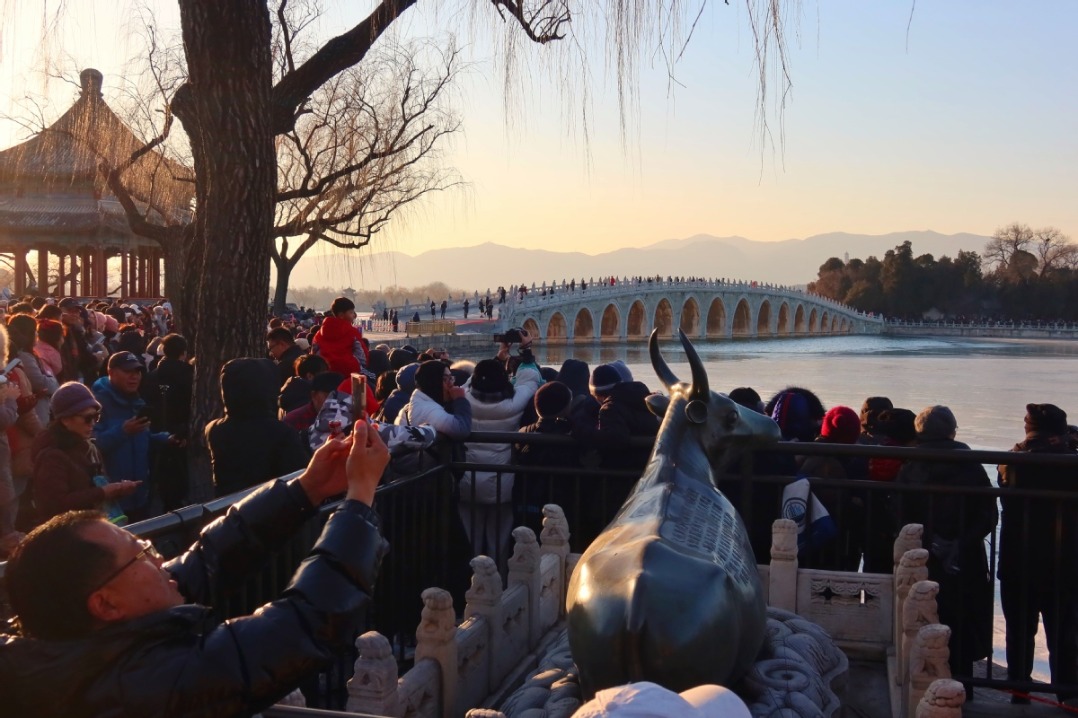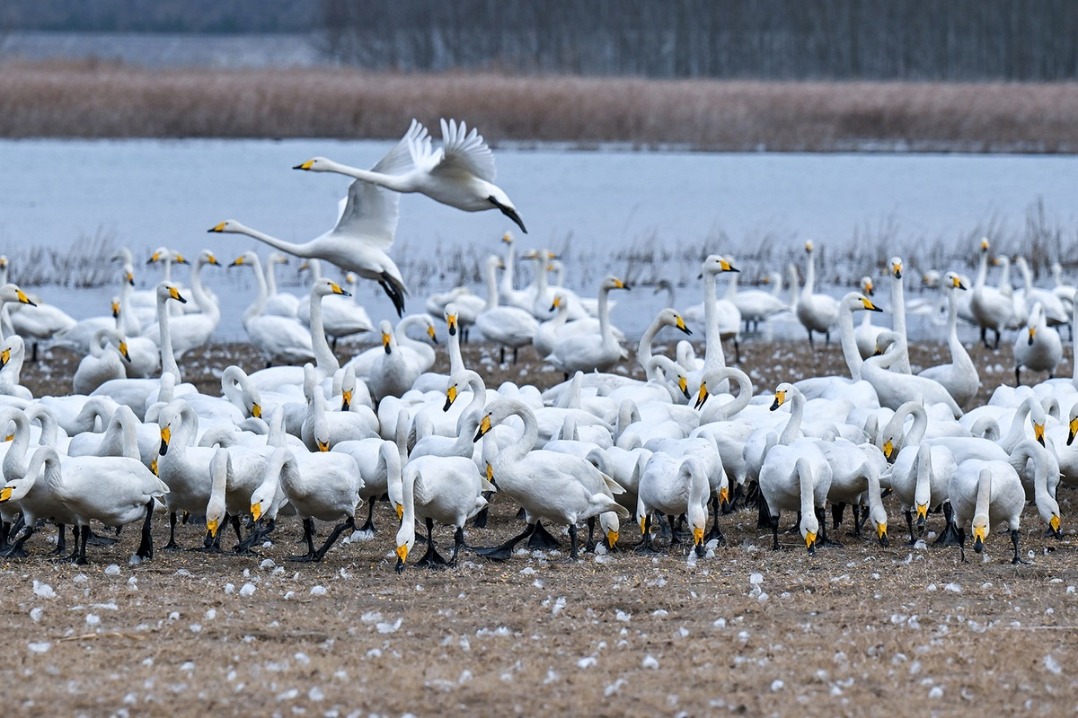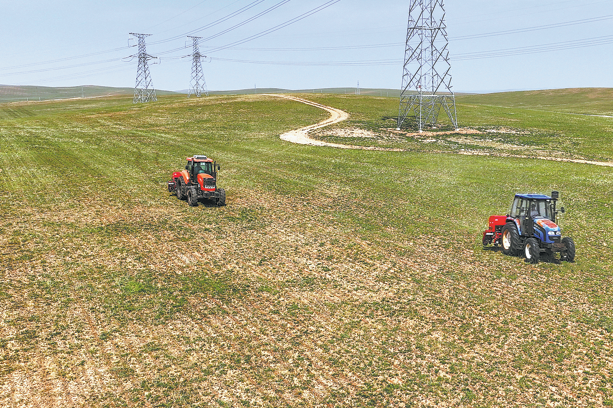New year, new laws that add ecological protections to air, water

A batch of laws and regulations to benefit people's livelihoods, including the country's first environmental protection tax, rules on takeout foods and tour guide services, went into effect on Monday.
The new laws and regulations were issued by the National People's Congress, the top legislative body, and central government ministries.
Among the new measures, environmental protection has been a major area, with two laws and a reform plan that took effect on Monday. They include an environmental protection tax, a water pollution prevention and control law and the compensation reform plan on ecological and environmental damage.
The tax is China's first with the aim of protecting the environment. It is designed to regulate companies that discharge pollutants by using economic measures, said Wang Jinnan, head of the Chinese Academy for Environmental Planning.
China already had a regulation on collecting a "pollutant discharge fee". But some local governments exploited loopholes and exempted enterprises that are big contributors to revenue. For years, regulators suggested replacing the fee system with a law to better regulate the companies and governments.
Once the new tax is levied, companies will pay the price based on the amount of pollutants they discharge. They also will earn a reduction if they adopt advanced technologies to reduce pollution.
In addition, the law on water pollution control highlighted the "river chief" system, which makes the government leaders the point people to coordinate control measures. Combined with other laws, this "could help make pollution control more effective and make enforcement stronger", Li Ganjie, minister of environmental protection, said while introducing the law on Dec 26.
Besides a cleaner environment, other aspects of people's lives also will be improved under the new laws and regulations.
The new Tour Guide Management Regulation bans tour guides from forcing visitors to buy items or bullying them with curses. Those who violate the regulation will face severe punishment, including fines and revoked licenses.
Under another new regulation, employers that fail to pay migrant workers their wages on time will be added to a blacklist. This also would apply if a wage debt to workers leads to mass disturbances.
It will restrict them in many ways, such as applying for loans or getting licenses, said Wang Cheng, head of labor inspection at the Ministry of Human Resources and Social Security.
The joint restriction will be a major measure to protect migrant workers' interests and deter violators, he added.
In addition, laws and regulations on nuclear safety, unfair competition in market and management of public libraries also took effective with the start of 2018.
Xinhua contributed to this story.





































